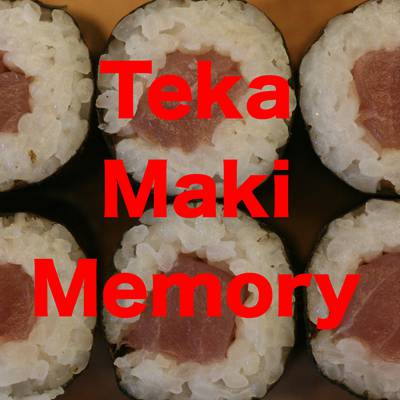Tokyo, Shinjuku Gyoen National Garden
Scene 6
Hektor Maille landed in a park bang in the middle of Tokyo. All around him was an ocean of white, rose-pink, flaming-red and female stocking-coloured flowers – and between the beautiful blooms were groups of awe-struck men and women calling out: «Sakura! Sakura!» Above all was the smell of a freshly shampooed carpet, as it is typical for poppy seeds.
For the Japanese, cherry blossom is no joy – it is a duty, a absolute order of Nature to go into raptures immediately and to produce emotions that are as fresh as spring. How painful it can be to bring out feelings of joy when the body and soul are still entrenched in the harsh impositions of winter are borne out by a Tanka, penned nearly 900 years ago by the legendary poet and handsome grandson of Emperor Heizei, Ariwara no Narihira:
Yo no naka ni
taete sakura no
nakariseba
haru no kosoro wa
nodokekaramashi
Were there
no cherry blossom
in this world
how carefree and calm
could the heart be in spring
Poem and German translation from: «Gäbe es keine Kirschblüten…». Stuttgart: Reclam Verlag, 2009. S. 37. Listen to how the poem sounds in Japanese.
What a pity literary history did not take his words more seriously.
The Japanese are a brave and dedicated lot, so during the cherry blossom season they stream through parks armed with picnic hampers – and sit around in groups under the rosy sky, to drink and be merry, and to forget how cold the ground still is – the garbage hills at Hanami, which function as a cherry blossom study centre, as it were, have posed a minor logistical challenge to the Tokyo municipal administration year after year.
After he had taken a few steps into the park, Maille's gaze was suddenly drawn to a branch of a cherry tree to which were fastened two Omikuji – oracle-leaflets quite similar to the ones that are normally found hanging only from trees in the courtyards or close surroundings of Shintō shrines and Buddhist temples. Maille knew instantly that these slips of paper were a message from Aral – also because oracular statements represent a kind of futurological currency, and are so not unsimilar to banknotes. As the first note contained only half a benediction (Han-kichi), Aral had fastened a Haiku on the second one, on which was penned a verse for which he would not have gone down with glory in the history of «Funny Verses»:
In the morning of spring
Search where tuna's luck ends
Pay attention to the toes
Maille knew at once what it meant: Tsukiji, Tokyo's large market in the southern section of the elegant borough of Ginza. In this, the largest fish market of the world, where tuna is delivered and processed in humungous quantities, and where forklift trucks and refrigerated vans race through the tiny lanes so fast that you need to be on jumping red alert to prevent a little Toyota or Suzuki from crushing your feet.


















